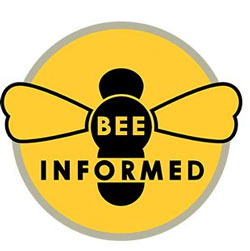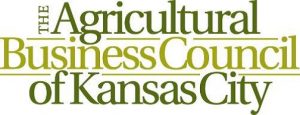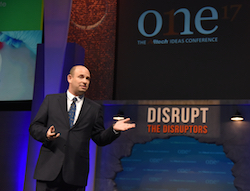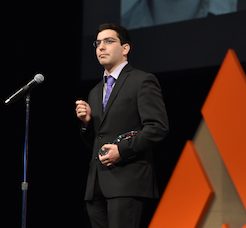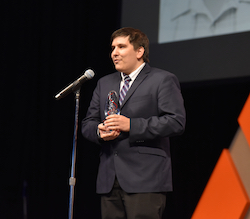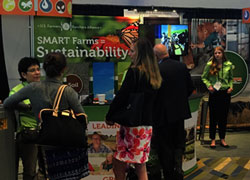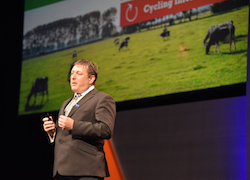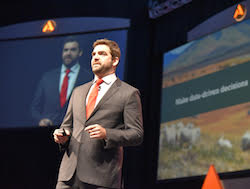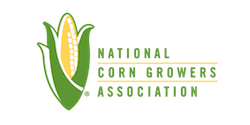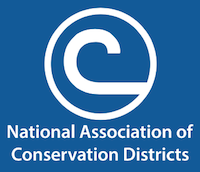 Two years ago Allison Kopf left her job of finding ways to be innovative in greenhouse spaces to start a company that would fill a gaping need she saw. While she could find many programs for outdoor crops, Agrilyst is a software program specifically created for indoor farming.
Two years ago Allison Kopf left her job of finding ways to be innovative in greenhouse spaces to start a company that would fill a gaping need she saw. While she could find many programs for outdoor crops, Agrilyst is a software program specifically created for indoor farming.
The software is very specific, Kopf explains. It can be difficult to control variables in an outdoor setting, but inside data about temperature and irrigation can be exact, and it can be replicated, meaning finding ideal circumstances using data points is a reality that is making a huge difference for their customers.
The Agrilyst software does three things. It’s an API so it can connect to hardware a grower may already have and sync with sensors already in play. It also offers a way to digitize paperwork that used be done by hand, such as when and where things are planted. Last, it can analyze data across the spectrum, making accessible and actionable reports a grower can see and learn from over time.
Although her product fills and empty niche, Kopf credits the Pearse Lyons Accelerator program she’s been a part of for the last three months with helping her get the product into the hands of customers. “The Pearse Lyons Accelerator has been phenomenal for us. In the last 100 days or so we’ve actually doubled our revenue. I think what they did a really good job at doing was choosing companies who were similarly staged, because what we could do was not only learn from Dr. Lyons and the team at Alltech, but also from each other.”
Learn more about Alltech’s Pearse Lyons program and the Agrilyst software in Jamie’s interview with Kopf here:Interview with Allison Kopf, Agrilyst

